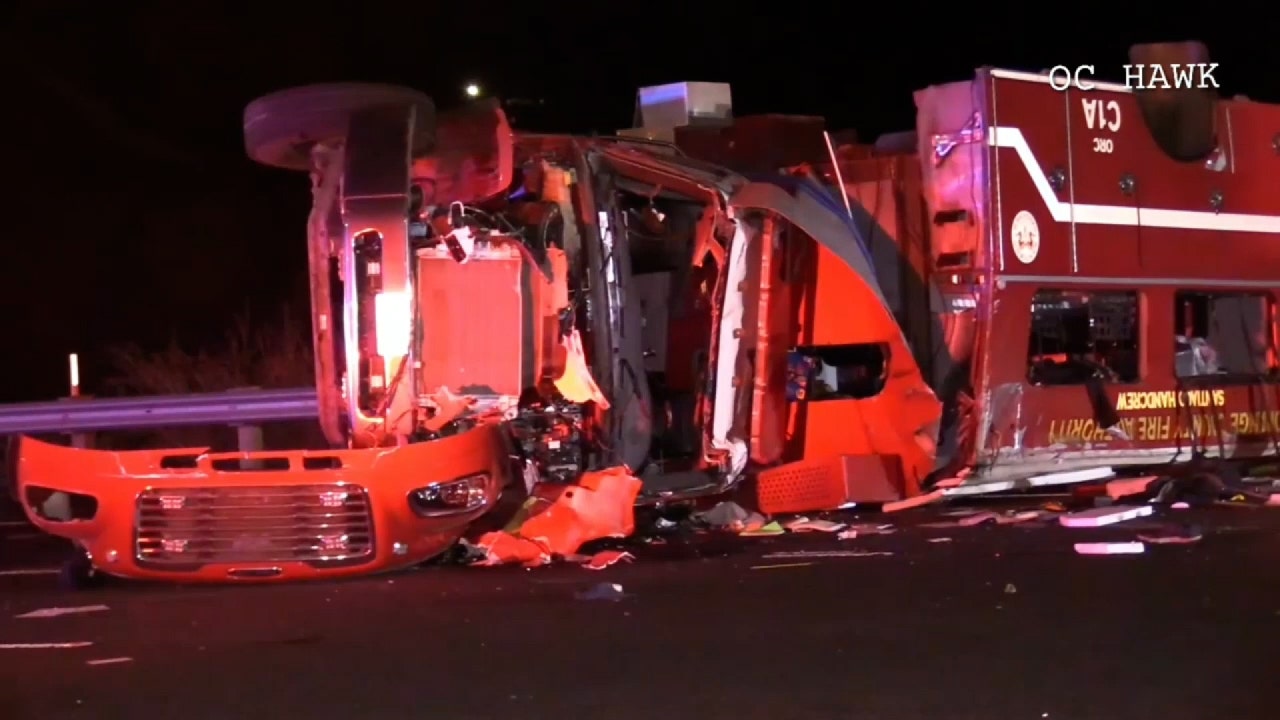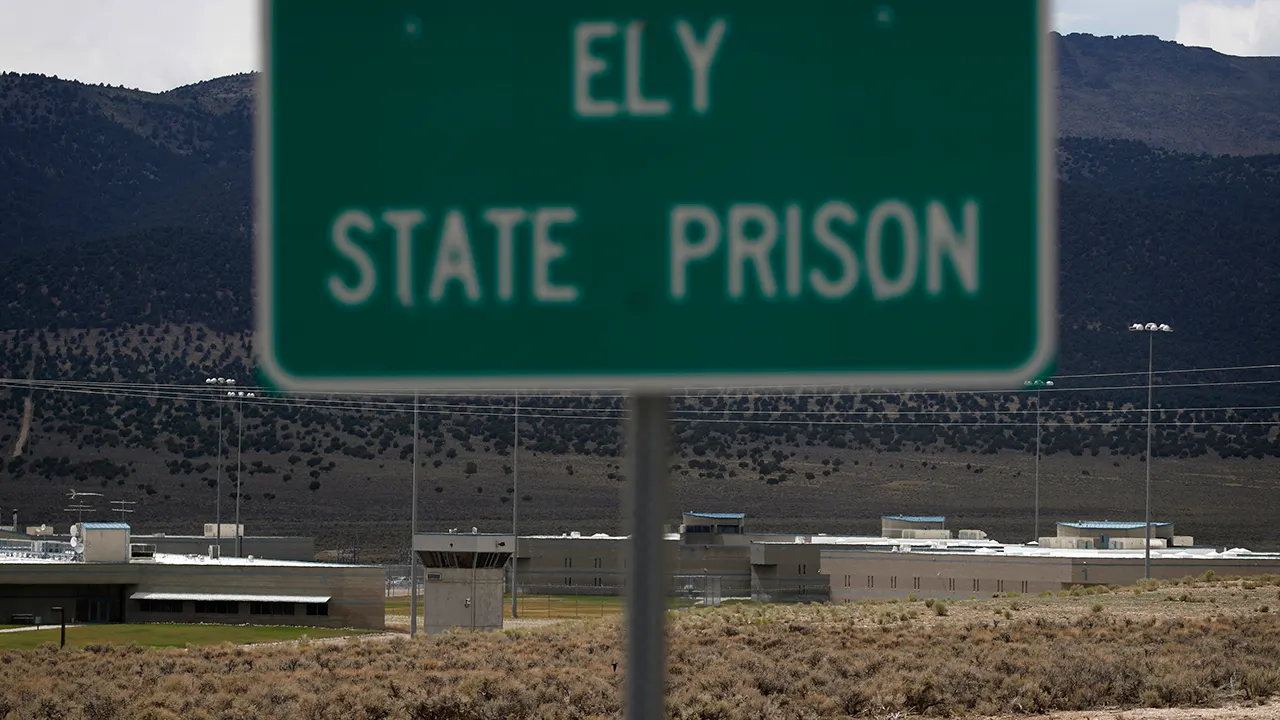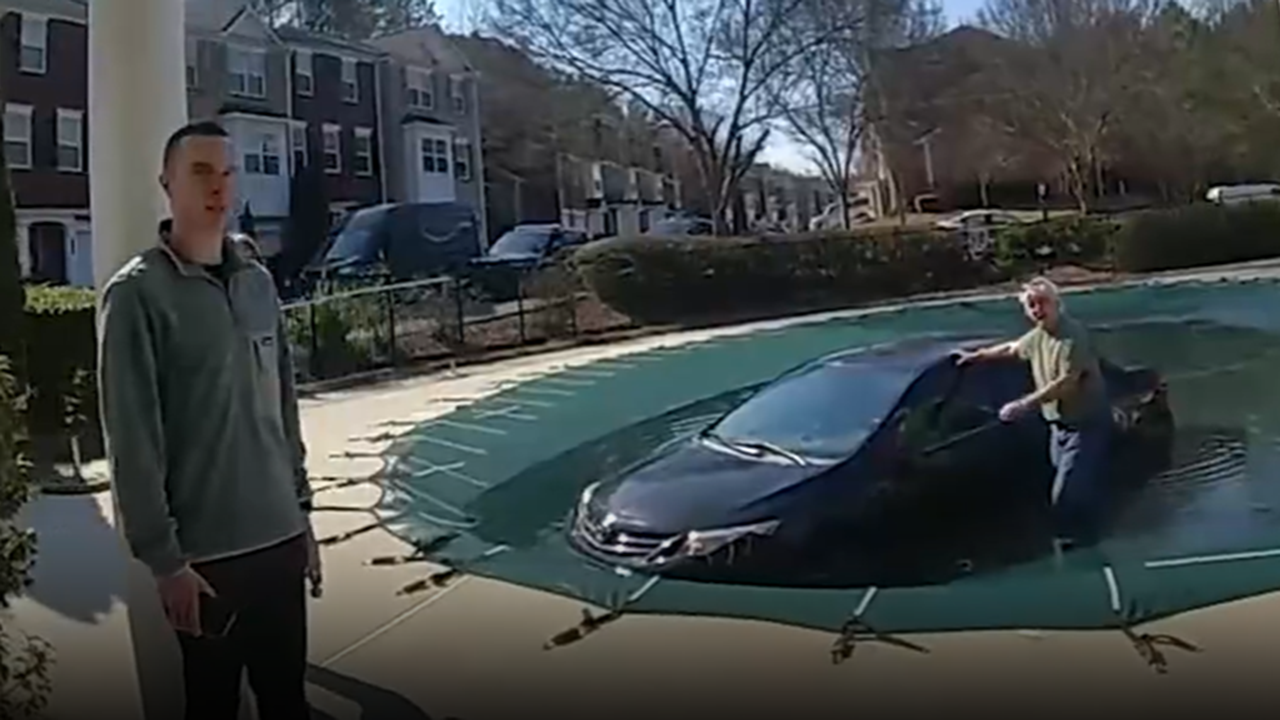President Volodymyr Zelensky of Ukraine removed his top general on Thursday, the ministry of defense said, after weeks of feverish speculation about his fate, enacting the most significant leadership shake-up since Russia invaded Ukraine almost two years ago.
“Today, a decision was made to change the leadership of the Armed Forces of Ukraine,” the minister of defense, Rustem Umerov, wrote in a post on Facebook.
“War does not remain the same. War changes and requires changes,” he wrote.
Earlier, President Volodymyr Zelensky posted a statement on social media saying he had met with the general and “thanked him for the two years of defending Ukraine.”
The upheaval comes at a precarious moment for Ukraine in the war, amid intensified Russian attacks, skepticism in the United States over providing aid to Kyiv and the tensions between Ukraine’s civilian and military leadership. It remained unclear whether the commander, Gen. Valery Zaluzhny, who is widely popular in Ukraine’s military and society, had resigned or been fired from the position.
Gen. Zaluzhny led Ukraine’s war effort from the initial, successful defense against Russia’s attack through the past year of bloody, inconclusive fighting along a front that has barely shifted but where Ukrainian soldiers once again find themselves outmanned and outgunned.
Mr. Zelensky said in his statement that he and the general “discussed the renewal that the Armed Forces of Ukraine require. We also discussed who could be part of the renewed leadership of the Armed Forces of Ukraine.”
The president said he proposed that General Zaluzhny “remain part of the team.” He concluded, “We will definitely win! Glory to Ukraine!”
Rumors began circulating online in Ukraine last week that General Zaluzhny, 50, had been dismissed, prompting the president’s office to issue a denial. A Ukrainian member of Parliament said the two men met on Jan. 29 but the fate of the country’s top military commander was not decided.
Two Ukrainian officials said Mr. Zelensky’s government had been planning on dismissing the general all along, and only backed off briefly after the news was leaked and generated backlash from some Ukrainian political leaders and soldiers.
Friction between the president and general had simmered since early in the war in a rivalry mostly hidden from public view amid military successes. The schism deepened last fall, when General Zaluzhny published an essay declaring the fighting a deadlock, contradicting Mr. Zelensky’s continual, hopeful assertions of progress.
That breach followed a Ukrainian counteroffensive backed by billions of dollars in Western weapons donations that failed to achieve a breakthrough, despite costing thousands of Ukrainian casualties.
More recently, the two had publicly disagreed over a Ukrainian plan to draft as many as half a million men to replenish the army as a counter to Russia’s renewed ground attacks in the eastern Donbas region. Though Ukrainians still overwhelmingly support the fight against Russia’s full-scale invasion, the mobilization is expected to be unpopular. Many men who intended to volunteer already have.
Ukrainian forces have in recent weeks been on the defensive as Russia launches fierce assaults along the front line. Kyiv did receive a boost to its war effort last week when the European Union approved a $54 billion aid package that will help avert a near-term Ukrainian financial crisis.
But lawmakers in Washington this week have been unable to forge an agreement that would provide another $60 billion in aid to Ukraine, assistance that Ukrainian officials and military analysts deem as critical to Kyiv’s war effort. Republicans in the Senate blocked a measure on Wednesday that would have provided funding, leading Democrats to propose an alternate bill that was being debated Thursday.
As speculation about the military commander’s fate reached a fever pitch, General Zaluzhny maintained his usual low public profile. He paid tribute to a touchstone in Ukrainian military history, praising a small band of Ukrainian soldiers who repelled a much larger Russian invasion force marching on Kyiv, the capital, in 1918. The battle, he said, “became a symbol of heroism and self-sacrifice of the young generation in the fight against the aggressor.”
“We thank everyone who is currently defending the state, its independence and future,” he said. Throughout the past two weeks, he offered no public comments.
When the war with Russia began in 2014, General Zaluzhny, who was educated in a Soviet cadet school in Odesa but served most of his career in the Ukrainian army after independence, was appointed deputy commander of forces fighting along a violent section of frontline near the eastern cities of Debaltseve and Bakhmut, where he gained experience commanding troops in combat.
Mr. Zelensky appointed General Zaluzhny commander of the military’s general staff in 2021, before Russia’s invasion. Military analysts have credited the general with preparing the army in the weeks and days before the attack by flying jets to reserve airfields and moving troops from barracks that were subsequently bombed.
Mr. Zelensky’s frustration with his top general burst into the public eye in early November, after General Zaluzhny published his essay calling the war a “stalemate.” The Ukrainian president suggested the comment was helpful to the Russians, a striking rebuke.
Around the same time, the president’s office replaced one of General Zaluzhny’s deputies, the head of special operations forces, without providing any explanation. It also dismissed the head of Ukraine’s medical forces.
Criticism against General Zaluzhny reached a new level in late November, when Mariana Bezuhla, a lawmaker and former member of Mr. Zelensky’s political party, appeared to call for the commander’s departure, accusing him of failing to plan carefully for the next stage of the war.
“If the military leadership cannot provide any plan for 2024, and all their proposals for mobilization boil down to the fact that more people are needed,” Ms. Bezuhla wrote on Facebook, “then such leadership should leave.”
Opinion polls had consistently ranked the president and general as the most trusted figures in Ukraine during the war. Through the fall, Mr. Zelensky’s ratings had fallen while General Zaluzhny had retained consistently high levels of support.
The military leader earned the nicknamed the “Iron General” for his decisive leadership of the army when Russian forces swept en masse across the border last year and toward Ukraine’s major cities. Under his command, Ukrainian troops stopped Russian forces at the door of the capital and drove them into retreat.
A few months later, Ukrainian troops crashed through Russian positions in a counteroffensive that retook thousands of square miles of northeastern territory, including dozens of towns.
But the general was also saddled with the failure of the Ukrainian counteroffensive in the south this summer — a push that many in Ukraine and the West had hoped could split Russian troops and show that Ukraine was making steady gains in the war. The operation has failed to break through formidable Russian defensive lines, with Ukrainian troops advancing by just a few miles at a bloody cost for both sides.
In his November essay, General Zaluzhny said that unless Ukraine received more advanced weapons and technology, the country would be mired in a long war in which Russia would have the upper hand.
Constant Méheut , Marc Santora and Maria Varenikova contributed reporting from Kyiv, Ukraine.






